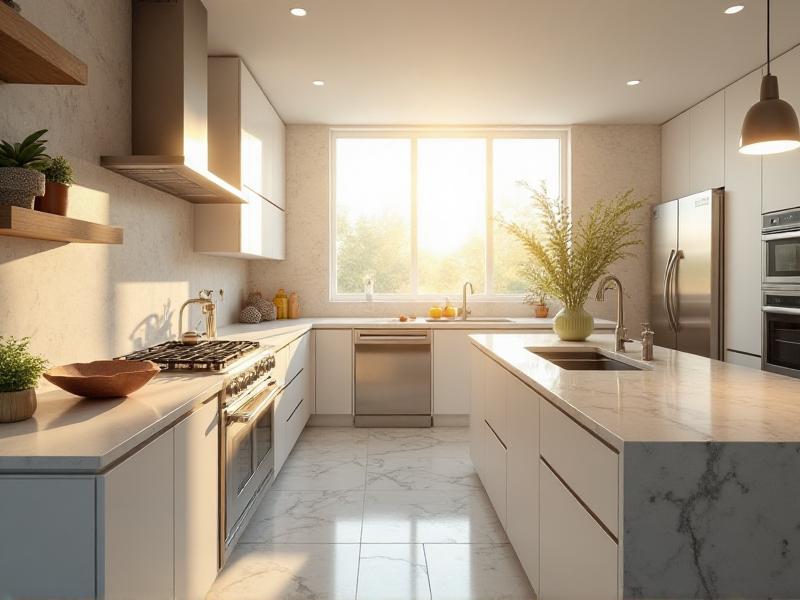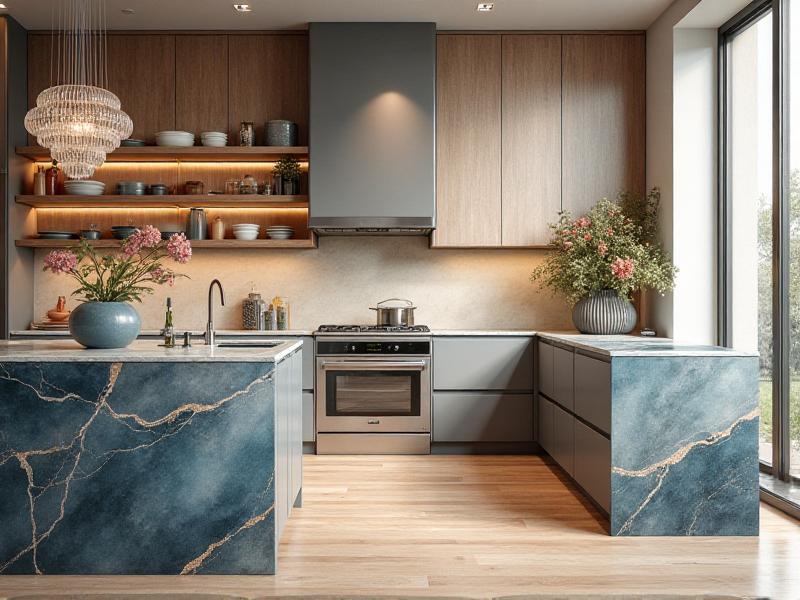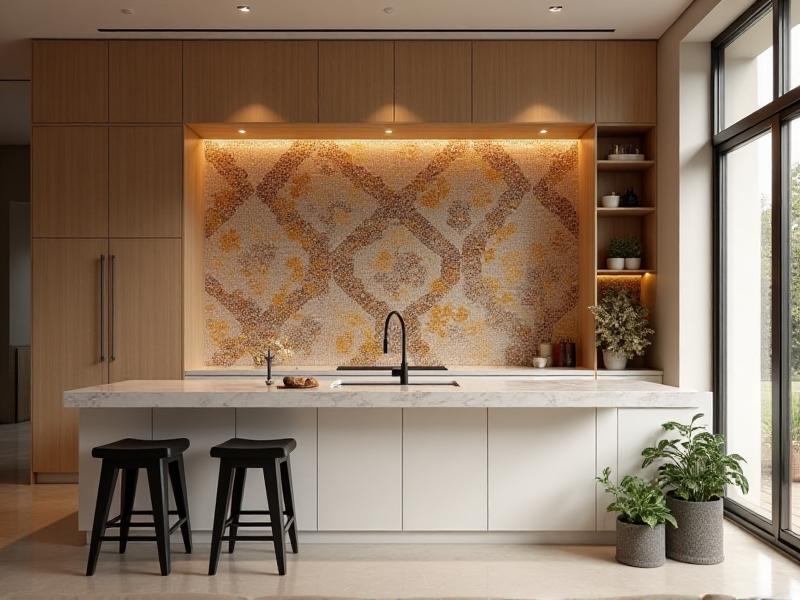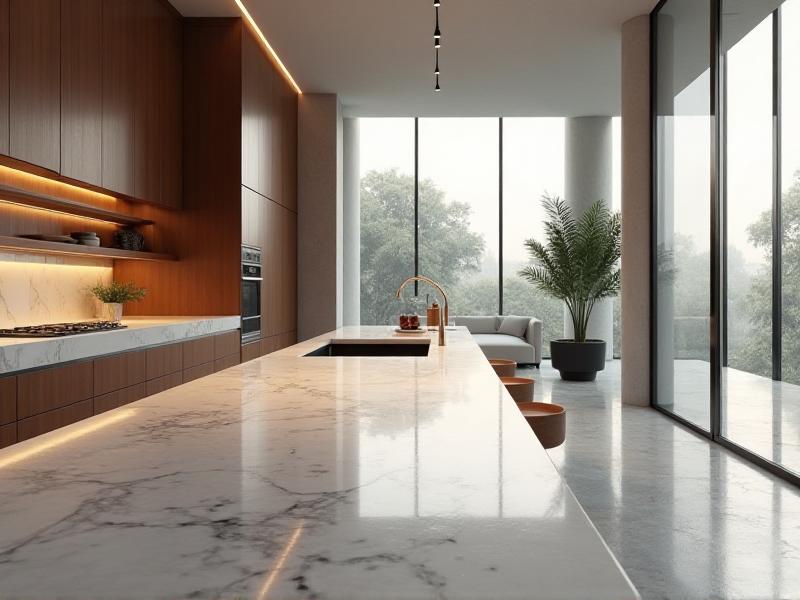The Evolution of Kitchen Design: From Functionality to Smart Integration
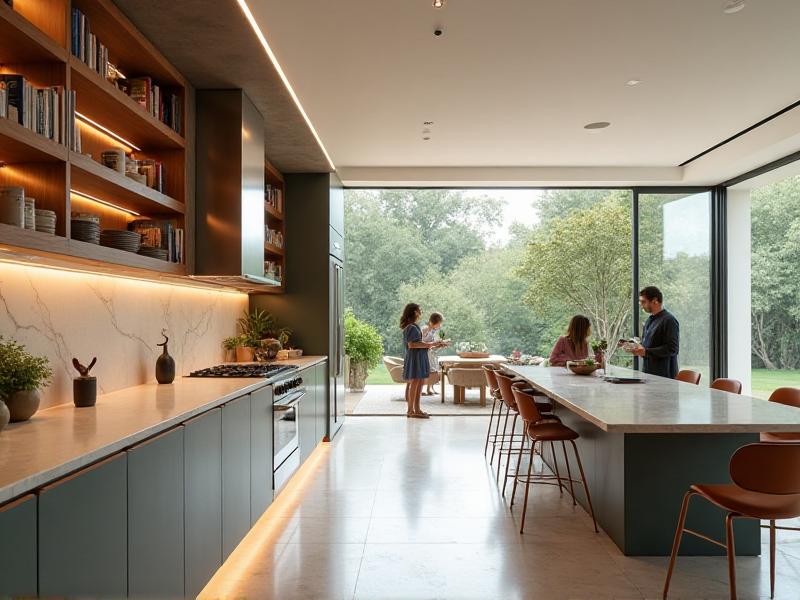
The kitchen has always been the heart of the home, but its role has evolved significantly over the years. From simple spaces designed for cooking and storage, kitchens have transformed into multifunctional hubs where families gather, work, and entertain. Today, the integration of technology is reshaping kitchen design, making it smarter, more efficient, and more personalized than ever before. As we look to the future, the kitchen is poised to become a seamless blend of aesthetics, functionality, and cutting-edge innovation.
Smart Appliances: The Backbone of the Modern Kitchen
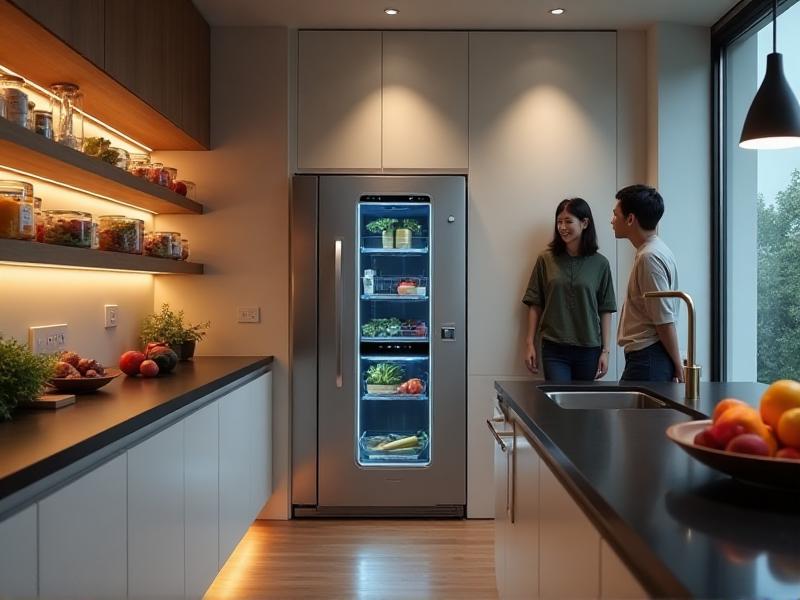
Smart appliances are revolutionizing the way we interact with our kitchens. From refrigerators that can create grocery lists to ovens that can be controlled remotely via smartphone apps, these devices are designed to make life easier. Imagine a refrigerator that alerts you when food is about to expire or a dishwasher that adjusts its cycle based on the load. These innovations not only save time but also reduce waste and energy consumption, making them a win-win for both homeowners and the environment.
Voice-Activated Assistants: A New Level of Convenience

Voice-activated assistants like Amazon's Alexa and Google Assistant are becoming increasingly common in modern kitchens. These devices allow you to control appliances, set timers, and even search for recipes without lifting a finger. The convenience of hands-free operation is particularly useful when you're in the middle of cooking and need to multitask. As voice recognition technology continues to improve, we can expect even more sophisticated interactions, such as personalized recipe suggestions based on your dietary preferences.
Energy Efficiency: Sustainable Solutions for the Future
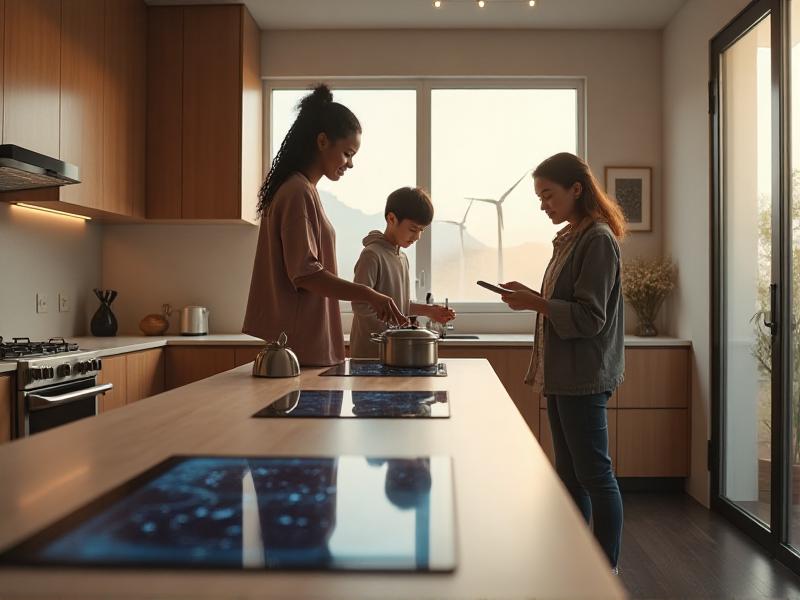
As concerns about climate change grow, energy efficiency is becoming a top priority in kitchen design. Modern appliances are designed to consume less energy without compromising performance. Induction cooktops, for example, use electromagnetic fields to heat pots and pans directly, making them more efficient than traditional gas or electric stoves. Additionally, smart thermostats and lighting systems can help reduce energy consumption by automatically adjusting settings based on usage patterns. These sustainable solutions not only benefit the environment but also lower utility bills, making them a smart investment for any homeowner.
Modular and Customizable Kitchens: Adapting to Your Needs
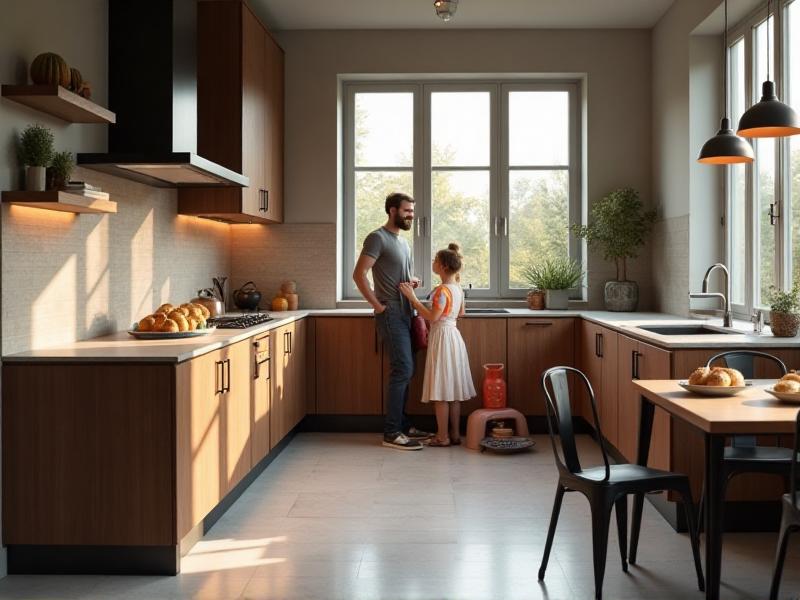
Modular kitchen designs are gaining popularity as they offer flexibility and adaptability. These kitchens are made up of interchangeable components that can be rearranged or replaced as your needs change. Whether you're looking to add more storage, upgrade your appliances, or simply change the layout, modular kitchens make it easy to do so without a complete overhaul. This approach not only saves time and money but also allows you to create a kitchen that truly reflects your lifestyle and preferences.
Augmented Reality: Visualizing Your Dream Kitchen
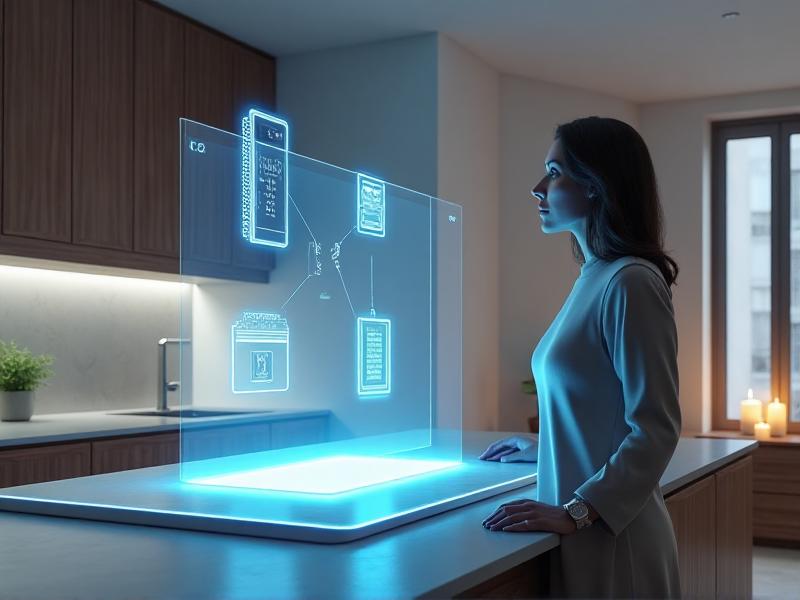
Augmented reality (AR) is changing the way we plan and design kitchens. With AR apps, you can visualize how different appliances, cabinets, and countertops will look in your space before making any purchases. This technology allows you to experiment with various layouts, colors, and materials, ensuring that your final design meets your expectations. AR is particularly useful for those who are remodeling their kitchens, as it helps to avoid costly mistakes and ensures that every element fits perfectly within the available space.
Connected Kitchens: The Internet of Things (IoT) in Action
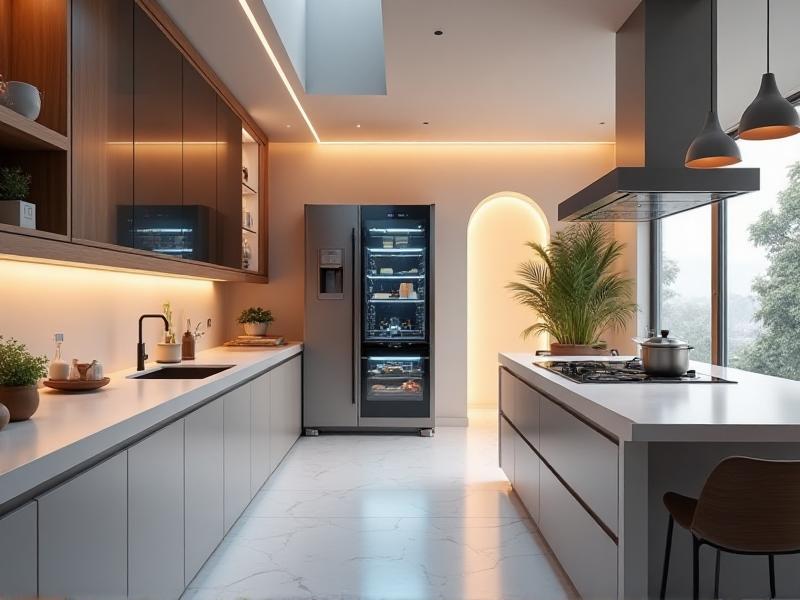
The Internet of Things (IoT) is transforming kitchens into connected ecosystems where appliances and devices communicate with each other. Imagine a scenario where your refrigerator detects that you're running low on milk and automatically adds it to your grocery list, or your oven preheats itself based on the recipe you've selected on your smartphone. These interconnected systems not only enhance convenience but also improve efficiency by automating routine tasks. As IoT technology continues to evolve, the possibilities for creating a truly smart kitchen are virtually limitless.
Health and Wellness: Technology for a Healthier Lifestyle
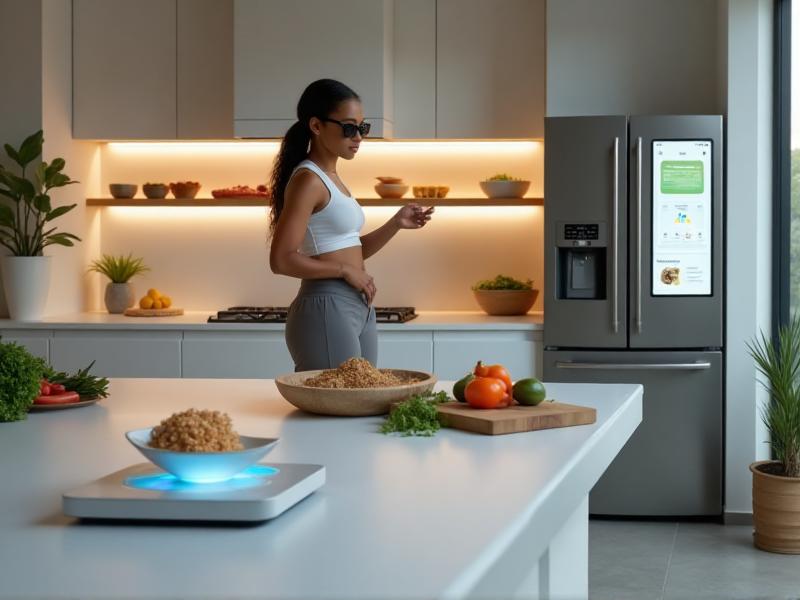
Technology is also playing a key role in promoting health and wellness in the kitchen. Smart scales, nutrition trackers, and meal planning apps are helping people make healthier food choices and maintain balanced diets. Some appliances even come with built-in sensors that can analyze the nutritional content of your meals and provide recommendations for healthier alternatives. By integrating these tools into your kitchen, you can take a more proactive approach to your health and well-being.
Key Takeaways
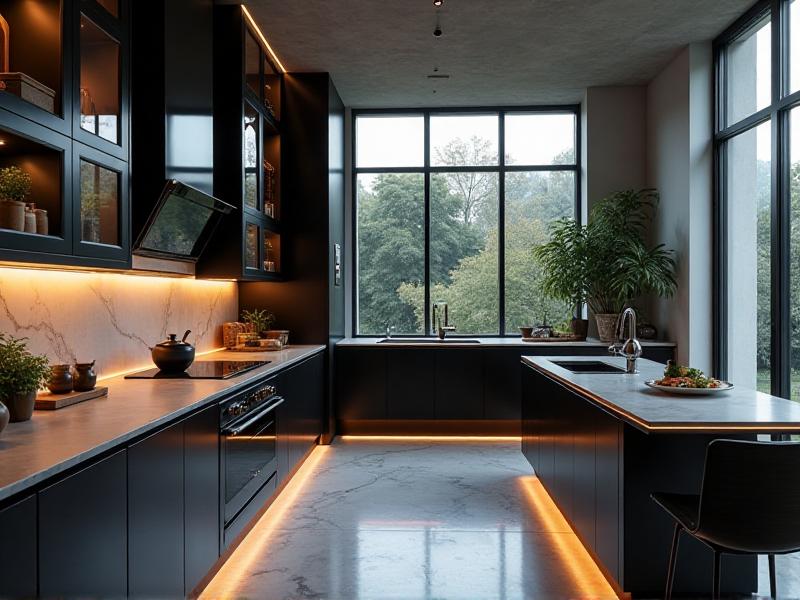
The future of kitchens is all about integrating technology to create spaces that are more efficient, convenient, and personalized. Smart appliances, voice-activated assistants, and IoT-enabled devices are just a few examples of how technology is transforming the way we interact with our kitchens. Additionally, energy-efficient solutions and modular designs are making kitchens more sustainable and adaptable to changing needs. As we continue to embrace these innovations, the kitchen will remain a central hub of the home, but with a level of functionality and sophistication that was once unimaginable.
Frequently Asked Questions
Q: How can I make my kitchen more energy-efficient?
A: Start by upgrading to energy-efficient appliances, such as induction cooktops and smart refrigerators. You can also install smart thermostats and lighting systems that adjust based on usage patterns.
Q: What are the benefits of a modular kitchen?
A: Modular kitchens offer flexibility and adaptability, allowing you to rearrange or replace components as your needs change. This approach saves time and money while enabling you to create a kitchen that reflects your lifestyle.
Q: How does augmented reality help in kitchen design?
A: Augmented reality allows you to visualize different layouts, colors, and materials in your kitchen before making any purchases. This helps to avoid costly mistakes and ensures that every element fits perfectly within the available space.
